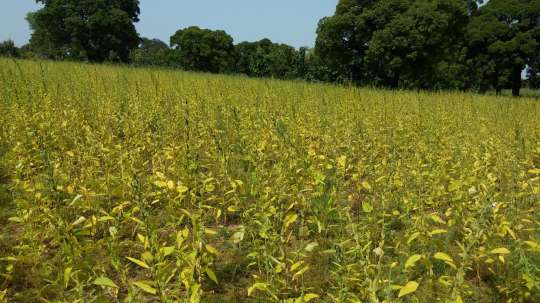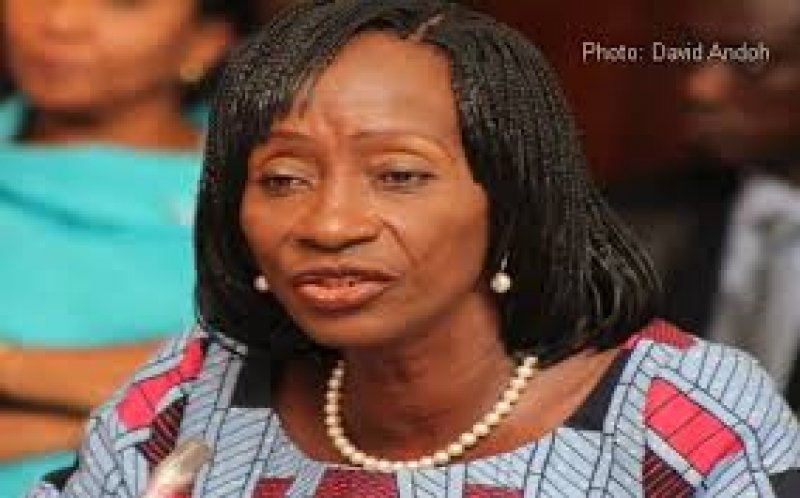
The recently released Afrobarometer report has revealed that conditions affecting agriculture in Africa are worsening due to the effects of climate change.
“Before mentioning ‘climate change,’ Afrobarometer asked survey respondents about their own observations of changes in weather patterns in their region, particularly with regard to agricultural production,” the Afrobarometer Policy Paper No. 60 issued in August 2019, said.
It added: “About half (49%) of Africans who were surveyed say climate conditions for agricultural production have gotten “worse” or “much worse” over the past 10 years. Only two in 10 (20%) say climate conditions have improved, while 17% say they have stayed about the same.”
“These averages across 34 countries hide vast differences between countries and between regions. Overwhelming majorities see worse weather patterns for growing crops in Uganda (85%), Malawi (81%), and Lesotho (79%), while fewer than one in four Moroccans (16%) and Mozambicans (23%)2 agree.
“However, in 30 of the 34 surveyed countries, pluralities report that climate conditions have worsened rather than improved; the exceptions are Morocco, Senegal, Botswana, and Zimbabwe, where between 30% and 41% say weather conditions have gotten better.”
The report further stated that : “By region,3 East Africans (63%) are almost twice as likely as North Africans (35%) to say climate conditions have worsened.”
Afrobarometer, a nonprofit corporation with headquarters in Ghana, directs a panAfrican, non-partisan research network.
Regional coordination of national partners in about 35 countries is provided by the Ghana Center for Democratic Development (CDD-Ghana), the Institute for Justice and Reconciliation (IJR) in South Africa, and the Institute for Development Studies (IDS) at the University of Nairobi in Kenya. Michigan State University (MSU) and the University of Cape Town (UCT) provide technical support to the network.





